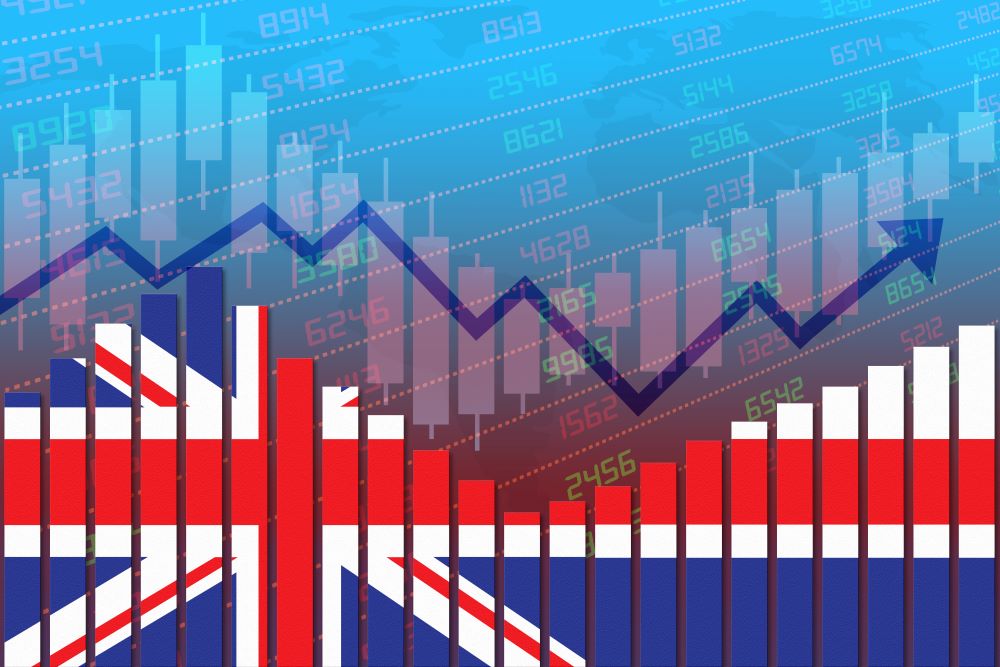
Inflation and sluggish economic growth continue to dominate headlines in the UK and globally.
The IOE&IT Daily Update here looks at the latest data, painting a picture of slowdown in the British economy and more food for thought for central banks.
BoE decision
Treasury advisers are concerned that the Bank of England (BoE) risks raising interest rates too much, as a dip in inflation and wider economic data suggests that the UK economy might be facing a broader slowdown.
Bloomberg reports that a majority of the seven-member Economic Advisory Panel thinks the BoE should dial back rate increases, or else risk tipping the UK economy into an unnecessary recession.
The BoE monetary policy committee meets next week and is expected to raise rates by 0.25 percentage points from its current 5%, reports the Guardian.
Currency fluctuations
This week, pound sterling suffered its worst run since March 2020 amid speculation in currency markets that UK interest rates will be limited as a result of the weakening economy.
According to This is Money, FX traders, who had been expecting interest rates to pass 6%, now think that they are more likely to peak at around 5.75%.
In comparison, the US Federal Reserve raised interest rates yesterday (26 July) to its highest rate in 22 years, with further increases expected.
Flash PMI
Support for the idea that the BoE should not tighten policy as much as previously anticipated comes from the monthly flash S&P Global/CIPS manufacturing Purchasing Managers’ Index (PMI).
The report showed output falling from 52.8 in June to 50.7 in July, with private sector inflation falling for five of the past six months and holding at its lowest level in more than two years.
Any number below 50 indicates an economic contraction.
Economic stall
Chris Williamson, chief business economist, S&P Global Market Intelligence said the UK economy came close to stalling in July.
July’s flash data revealed a deepening manufacturing downturn accompanied by a further cooling of the recent resurgence of growth in the service sector.
Manufacturers are cutting production in response to a severe downturn in orders, both from domestic and export markets, Williamson said.
Cause for optimism
City AM columnist Jack Barnett argues that the latest figures are cause for optimism with inflation and core inflation in June both below predictions.
Barnett notes that Kantar’s latest estimate of grocery price growth fell to around 14% in July, with the Office for National Statistics estimating that the cost of components used by factories fell 2.7% over the year to June.
He argues this all points to a downsized recession risk in the UK, although cautions that this is a judgement that has oscillated with every new set of economic data from the government.
Eurozone shrinks too
The S&P Global’s Eurozone survey also showed that business activity shrank across the European area much more than expected in July, as demand in the services industry declined while factory output fell at the fastest pace since the pandemic, Reuters reports.
The flash composure PMI fell to an eight-month low of 48.9, down from 49.9 in June.
The European Central Bank hiked interest rate to 4.25% to combat inflation today, in spite of the changing economic news.



